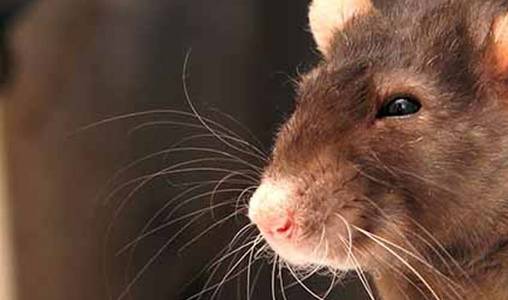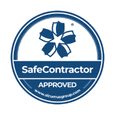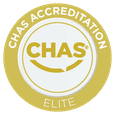Rats are treated according to the location of the infestation and level of infestation, the common methods of rat removal are poisoning or trapping. The poison can be put down in the open (providing there are no children or pets around) in bait trays in the loft, in tamper-proof bait boxes internally or externally or in throw packs.
The three most common active poisons are Difenacoum, Brodifacoum or Bromadiolone. Brodifacoum can only be used internally as it is the most potent of the poisons. Our rat exterminators may sometimes use both poison and traps on-site, depending on the level of infestation. All our treatments are in line with the latest HSE and British standards. Our professional rat control treatment is the most effective way to ensure your home or business no longer houses a rat colony.
There are a few things you will need to bear in mind after our pest control experts have carried out the treatment. The poison does not work instantly and will need time to come to full effect. The rats will need to feed on the poison several times before they die.
To prevent rats from entering your home or business, the entry and exit points must also be located and sealed off. To ensure you do not entice more rats, a cleaning regime should be in place, maintaining that food is not left lying around and crumbs are hoovered up. Also, do not put any feed out for the birds as this will attract rats too.
Rats are attracted to the smell of rubbish bins; these should be sealed off and you should make sure your garden areas are clear of rubbish and debris. After the treatment, all bait, bait stations and rodent bodies should be removed from the site and be disposed of safely.
























